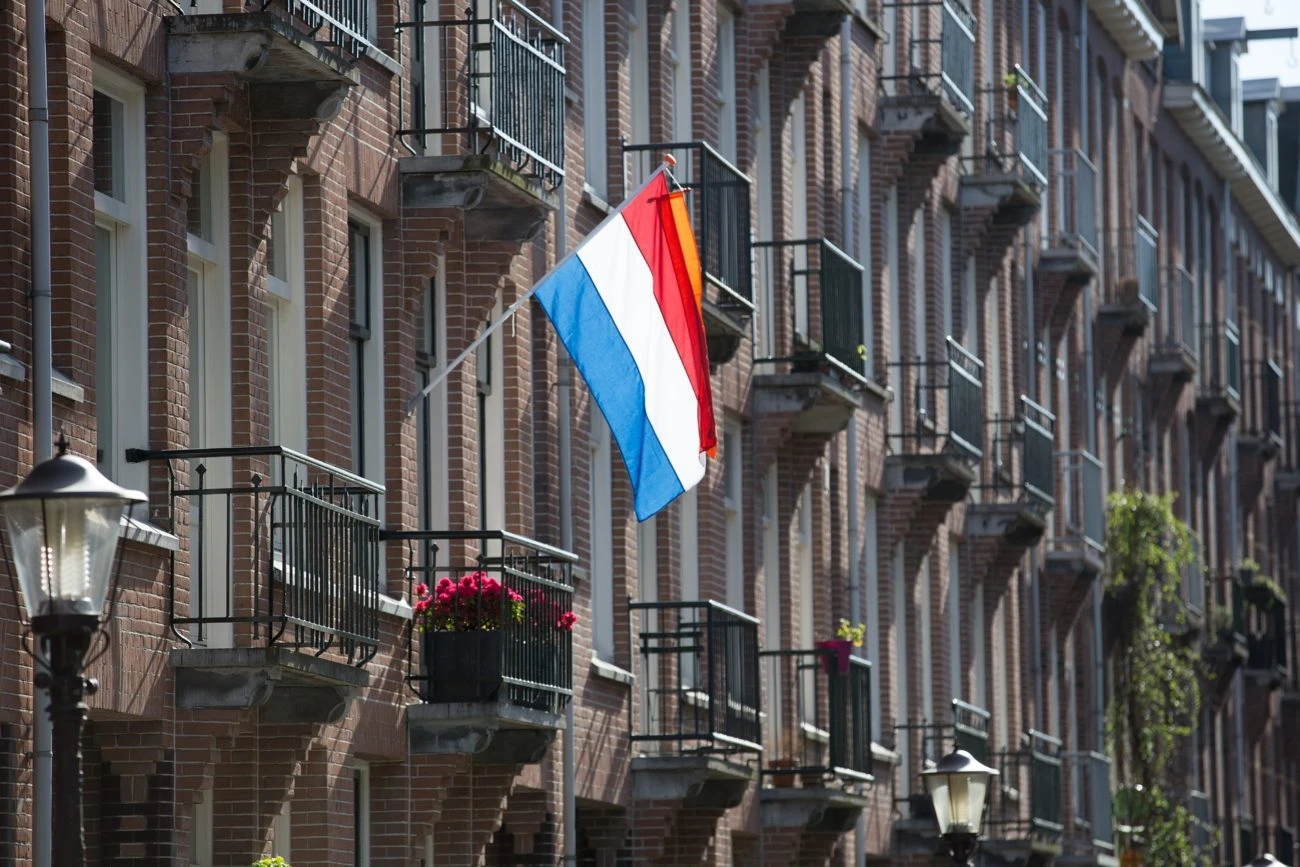Dutch minister looks to clarify “excessive advertising”

The Netherlands’ Minister for Legal Protection Sander Dekker has looked to better clarify how he expects operators to avoid excessive advertising, in the latest round of parliamentary questions in the country’s igaming legislation.
The opposition Socialist Party questioned Dekker’s previous statements on advertising, suggesting they amounted to: “Advertising is fine, but don’t go too far.”
Its lawmakers therefore asked Dekker to elaborate on how advertising was judged, and what would constitute going “too far”.
While the Minister denied that is answer was that simplistic, he explained that Article 4a of the Netherlands Gaming Act set out a number of guidelines for ads. This article, he explained, first required operators to ensure promotions were fair and balanced, by providing information about the specific characteristics of the products advertised, and flagging the risks caused by excessive gambling.
Ads must also avoid creating unrealistic expectations, by suggesting that a player has already won, or has an enhanced chance of winning. Content that downplays the risks of excessive play is also prohibited, and licence holders are banned from directing advertising at vulnerable groups, such as minors or those that show signs of developing gambling addictions.
Once the market opens, Dekker continued, the country’s gambling regulator the Kansspelautoriteit (KSA) would pay particular attention to advertising that could appeal to minors; ads for illegal operators; and misleading ads.
The Socialist Party also asked about monitoring of illegal activity, wanting more clarity on what enforcement action had been taken by the KSA to stamp out advertising by unlicensed operators.
Dekker explained that the regulator currently monitors the market through in-house research, supported by information from the public and licensed operators, as well as looking at commercial data and other public information.
This, he said, showed that illegal advertising accounted for 0.74% of all advertising in the Netherlands in 2019, up from 0.2% in 2017. This showed that unlicensed operators are wary of advertising, the minister explained, and tended to avoid advertising via the 300 most popular websites in the country.
While the KSA has fined 16 operators for illegally targeting Dutch customers, Dekker pointed out that under current legislation, it could not order banks to stop transactions to and from these businesses. However, once the Remote Gaming Act comes into force from 21 January 2021, it will be able to issue injunctions to stop this.
A final query about the KSA being “powerless” against video game publishers offering players loot boxes was dismissed. Dekker said that the rules were clear and pointed to the case of one publisher being ordered to remove four in-game mechanisms to comply with the country’s prohibition on loot boxes as evidence.
In related news, the Dutch government has notified the European Commission of technical regulations governing the exchange of data between the KSA and licensed operators. This sets out how operators can safely and securely share confidential information with the regulator, for elements such as player activity, responsible gambling interventions and complaints, as well as data storage.
This is now subject to a standstill period that runs until 18 September.
